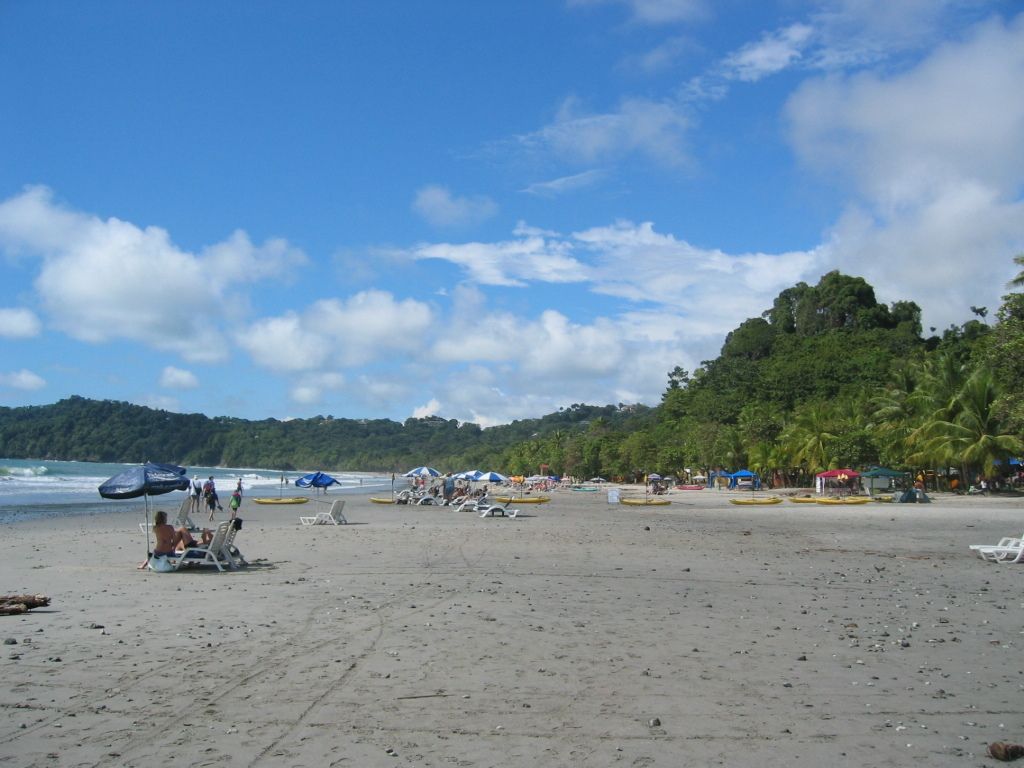Space travel simulation triggers aging in mice's immune systems
The awe-inspiring concept of humans exploring the cosmos has stepped out of the realm of science fiction and into the realm of upcoming reality. NASA intends to launch a manned mission to Mars by 2030, while private enterprises like SpaceX and Mars One dream of establishing colonies on the Red Planet far sooner. But before we embark on this grand adventure, we face one significant obstacle - the simple fact that the human body isn't equipped for space travel.
Your Body Ain't Prepared for Space, Y'all!
We're well aware that prolonged periods in microgravity wreak havoc on the body. Returning astronauts from space missions have experienced bone loss, muscle atrophy, and changes to their eyesight. However, a lesser-known consequence of space travel is possibly even more concerning - the premature aging of the immune system.
In a recent study published in the Journal of the Federation of American Societies for Experimental Biology, French researchers discovered that space travel might cause the immune systems of astronauts to age at an alarming rate. In a clever twist, they simulated microgravity conditions using a technique called hind limb unloading, where mice were suspended by their hind legs to mimic the effects of space travel.
The results? A dip in B-cell progenitors, a crucial component of the immune system responsible for generating infection-fighting antibodies. As the researchers pointed out, the modifications observed in the B cells were similar to those seen in aged mice, suggesting that astronauts on long-duration missions could experience an immune system more akin to that of an elderly person than a healthy adult.
This Ain't Just Theory - We've Seen It Happen
Space agencies have long recognized that astronauts are more susceptible to infections. Of the 29 Apollo astronauts, 15 contracted bacterial or viral infections either during their missions or shortly after returning to Earth. However, until recently, scientists couldn't pinpoint exactly why.
Data from two separate NASA studies on 28 astronauts aboard the International Space Station now suggests a troubling answer: space travel confuses the immune system. "When cell activity is depressed, the immune system is not generating appropriate responses to threats," NASA researchers explain. "This may also lead to the asymptomatic viral shedding observed in some crew members, which means latent, or dormant, viruses in the body reawaken, but without symptoms of illness."
Even more concerning is when the immune system overreacts. Astronauts have reported heightened allergy symptoms, unexplained rashes, and excessive immune responses to otherwise minor triggers.
Is This a Misconception About Space Travel?
For decades, the prevailing assumption has been that the biggest challenge of long-duration spaceflight is radiation exposure or the psychological toll of isolation. But the emerging evidence suggests that the real danger may be our own biology working against us.
Consider this: If microgravity causes the immune system to deteriorate over time, future Mars explorers could arrive on the planet in a precarious state. And with no hospitals, no emergency care, and no way to return home quickly, even a minor infection could spin out of control into a life-threatening crisis.
This shifts the conversation around space travel from "How do we get to Mars?" to "How do we keep astronauts alive once they're there?"
Can We Prevent These Effects? Scientists Think So
NASA and other space agencies are racing to develop countermeasures to preserve astronauts' health on long-duration missions. Proposed solutions include:
- Improved spacecraft design with better radiation shielding and artificial gravity simulations
- Nutritional supplements tailored to support immune function in microgravity
- Gene therapy or pharmacological interventions to slow immune system aging
- Pre-flight conditioning regimens to prepare astronauts' bodies for the rigors of space
But there's still a long way to go. The human body has never evolved to survive in space, let alone thrive there.
The Future of Space Travel: Unanswered Questions
The dream of colonizing Mars is no longer a fantasy - it's a scientific and technological challenge we are actively trying to solve. But before we send humans on months-long journeys through the void, we need to fully understand the biological consequences of spaceflight.
Are we willing to send astronauts on a one-way trip knowing that they may suffer from weakened immune systems, increased vulnerability to disease, and an accelerated aging process? Or will we develop the necessary safeguards to make interplanetary travel as safe as it is ambitious?
For now, the answers remain in research labs and simulated space environments. But one thing is certain - the future of space travel depends not just on rockets and propulsion, but on the resilience of the human body itself.
Sources: NASA, PBS
Additional Insights:
Current Scientific Studies
- Necrosis and Aging: Research highlights that necrosis, a form of cell death, accelerates aging and organ damage in space. This process is exacerbated by spaceflight-induced factors such as microgravity and cosmic radiation[1][4]. Scientists are exploring necrosis as a potential target to prevent premature aging and related health issues.
- Immune System Response: Studies, like Poland's first science mission in space, aim to understand how the immune system responds during space travel. This could help protect astronauts on future missions, such as those to Mars[2].
- Microgravity and Immune Function: The Axiom-4 mission is investigating how microgravity affects stem cell aging and immune function. This research could yield insights into immune-related diseases and cancers, both for astronauts and Earth-based patients[5].
Proposed Countermeasures
- Targeting Necrosis: Scientists propose that targeting necrosis could be a novel approach to maintaining long-term health in space. By preventing necrosis, researchers hope to halt destructive cycles of disease progression and potentially enable cellular regeneration[4].
- Improving Immune Function: Studies focusing on immune system responses aim to develop strategies that enhance immune resilience during space travel. This could involve developing interventions based on the understanding of how microgravity influences immune function[5].
- Utilizing Commercial Space Travel Models: Programs like the European Space Agency's astronaut reserve enable flexible mission assignments, which could facilitate rapid testing and implementation of countermeasures in diverse space environments[3].
In light of current scientific research, there is a pressing need to address the health challenges posed by space travel, particularly the premature aging of the immune system. Studies such as the Axiom-4 mission and Poland's first science mission in space are aiming to understand the effects of microgravity on immune function, which could lead to the development of strategies to enhance resilience during space travel. As we strive to colonize Mars, it is crucial to consider potential countermeasures like preventing necrosis and improving immune system function, in addition to improved spacecraft design and pre-flight conditioning regimens.








